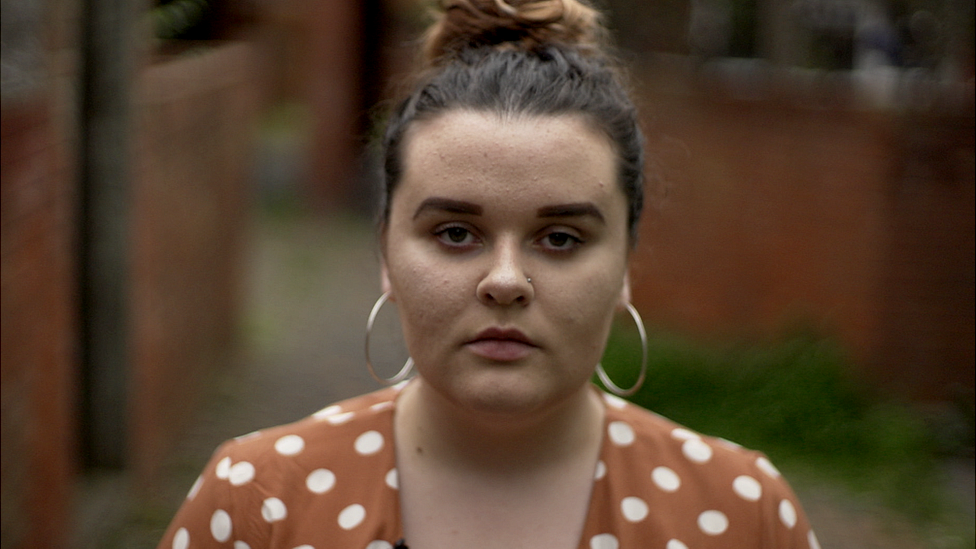Children 'should be banned from unregulated care homes'
- Published

The government should ban placing under-18s in care in unregulated homes amid concerns over sexual and criminal exploitation, the children's commissioner for England has said.
Some vulnerable teenagers are "at risk every day of the week", Anne Longfield told BBC Newsnight.
She called them "inappropriate" places for any child.
The government is consulting on proposals to introduce new minimum standards to the sector.
It has already told local authorities to stop placing under 16s in these homes.
But Ms Longfield said the plans do not address "the real problem" of allowing older teenagers aged 16 and over in care to be placed in such accommodation.
One in eight children in care - around 12,000 - spent time in an unregulated home in 2018-19, her report reveals.
It comes following a year long investigation by BBC Newsnight into the care sector.
It also highlights evidence that providers linked to organised crime are exploiting the lack of regulation to gain access to children.
Police have told her that criminality in the sector is "rife" and children are being groomed to sell drugs and for sexual exploitation.
Unlike children's homes registered with Ofsted, unregulated homes - often known as semi-independent or supported accommodation - are not inspected by a regulator in England or Wales.
The hostels, flats, bedsits and even caravans come with differing levels of staff support to help 16 to 18-year olds gain independence.
Three-quarters (73%) of the sector is privately run and "allows for high profit-making without the checks and balances that are seen in other care settings", Ms Longfield said.
Children's Minister Vicky Ford said the government was taking steps to drive up the quality of care provided to vulnerable children.
She added: "In some circumstances, semi-independent accommodation can be the right choice for 16 and 17 year-olds as they move towards adult life, but only when it is of high quality and meets their needs."
- Published12 February 2020

- Published18 September 2019
